If you think about people who are a constant and inspirational support in your professional life, you know that you are indebted to these people on a daily basis.

I’ve decided to feature an interview with Judith Way, a Victorian teacher librarian who has made a significant difference in the professional lives of teacher librarians and others, and whose unassuming, friendly nature has endeared many, both in Victoria and globally.
Judith’s blog, Bright Ideas, which she writes for the School Library Association of Victoria, is one of the first things I check daily because I know that she is on top of what’s happening in the world of education. Although she may not need an introduction since so many are connected to her through the blog, Twitter and OZTL-NET, to mention only a few platforms, I’ve included a short biography as an introduction to a recent interview I conducted with Judith.

Judith Way is a teacher-librarian with a Graduate Diploma of Children’s Literature and a Master of Arts. Recently she was recognised for her work with the Bright Ideas blog through the 2010 IASL/Softlink International Excellence Award .She has also been the recipient of the School Library Association of Victoria’s John Ward Award for outstanding contribution to teacher librarianship in 2007 and the SLAV Innovators Grant in 2009. She was awarded the Children’s Book Council of Australia Eleanor E. Robertson prize in 2003. She has presented at conferences locally and internationally. Judith writes the Bright Ideas blog for the School Library Association of Victoria.
How did you come to create and write the Bright Ideas blog?
Due to the success of the School Library Association of Victoria’s Web2.0 online program in 2008, there was a real momentum for more online resources for school libraries, and the idea that schools would showcase what they had developed to encourage others was a big part of that. I was honoured to be asked by SLAV to write the blog on their behalf. I had undertaken the ’23 things’ course through Yarra Plenty Regional Library in 2006.
What were your initial thoughts/feelings about the blog?
Excitement! What a fantastic opportunity to delve into the web 2.0 world and see what we could all make of it in school libraries.
Was it difficult to take the first steps in creating a blog identity and developing a readership?
The first thing was getting a body of work up on the blog. No-one is really going to read a blog with one or two posts on it, so building it up was vital. I then promoted it via the OZTL-NET listserv and down the track joined Twitter. That really developed the readership. Then I joined the ILearnTechnology blog alliance in January this year and that furthered readership again.
What were some of the difficulties you experienced along the way?
School library staff tend to be a modest bunch, so encouraging people that their web 2.0 efforts should be highlighted and shared with others was a challenge.
What were some of the highlights?
Getting lots of positive feedback from readers, especially in relation tothe school library examples that were shared.
Last year Bright Ideas also had the honour of being voted the “FirstRunner Up” in the Edublogs Awards for the ‘Best Library blog”. What a fantastic vote of confidence that was.
Notching up 200,000 hits earlier this year was also a terrific milestone and it was an unbelievable recognition to be awarded the 2010 IASL/Softlink International Excellence Award in September.
How is the role of the teacher librarian changing, if at all?
In one way it is changing dramatically. In another way, it isn’t changing at all. What do I mean by that? We are facing enormous changes in the way we present learning opportunities to students. Social media and eBooks have changed the landscape for many school libraries. But we still want to teach our students how to research well and to love reading- whatever the medium.
What would you say are the most important goals of the teacher librarian/ of educators in general in these times?
To remember the power you have to make a difference to the lives of your students. You have the ability to be a positive role model in terms of using information well, both content and morally. To teach students how to make a positive digital footprint and how to be cybersafe and cybersavvy. To pass on the love of reading. These are lessons they will carry throughout their lives.
Thanks, Judith, for your thoughts, and also for the untiring support you provide for teacher librarians and educators everywhere.

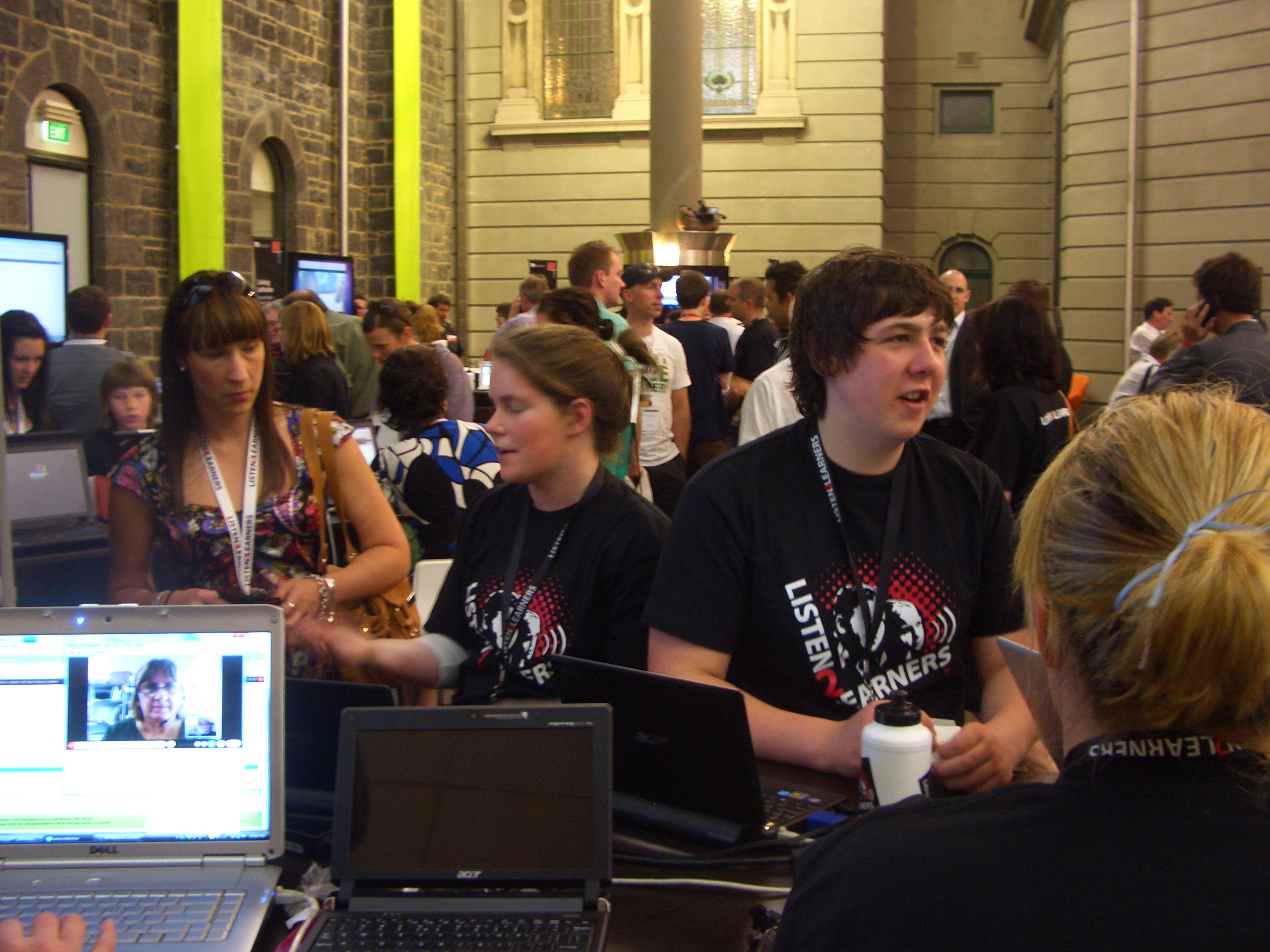

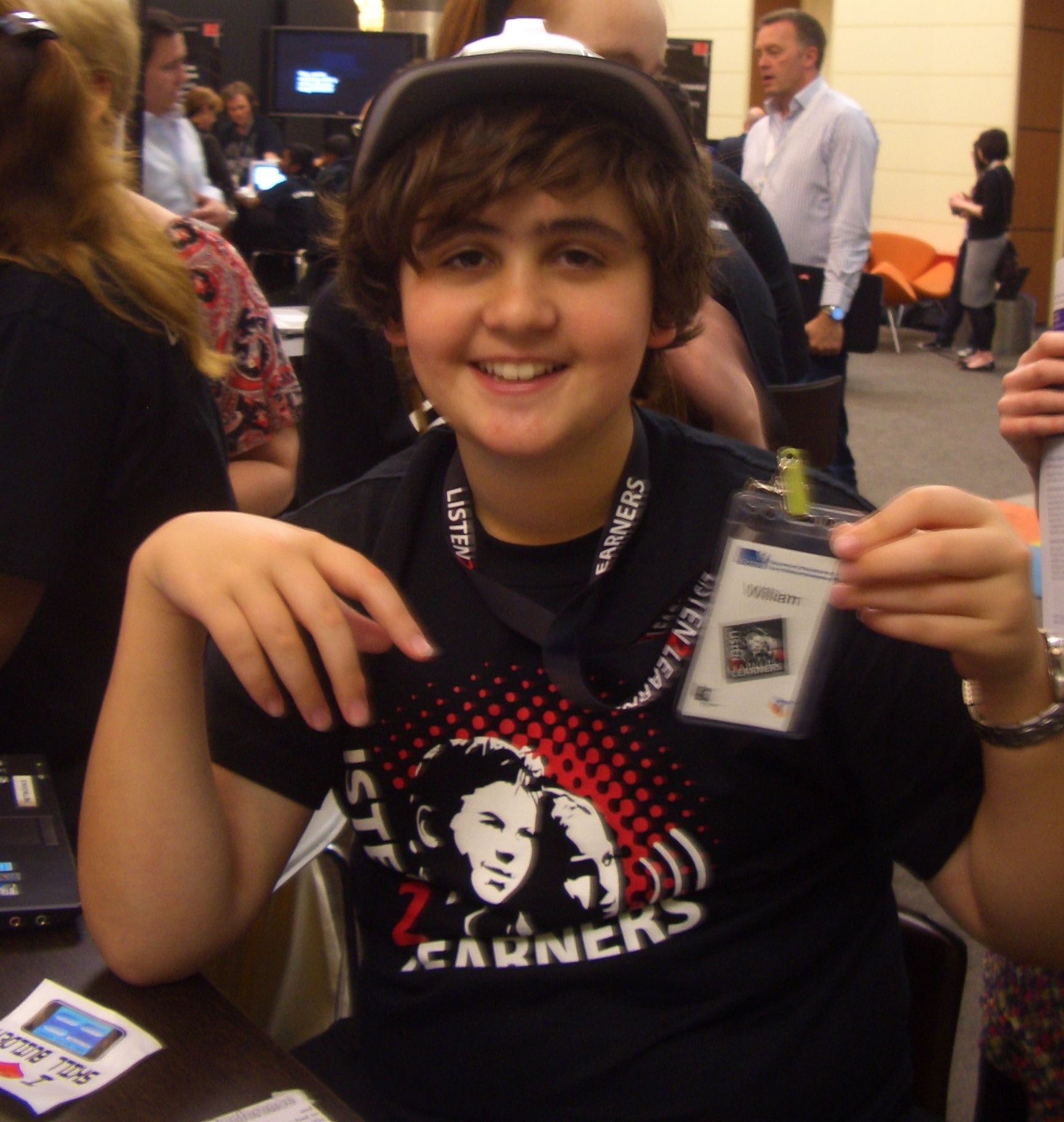
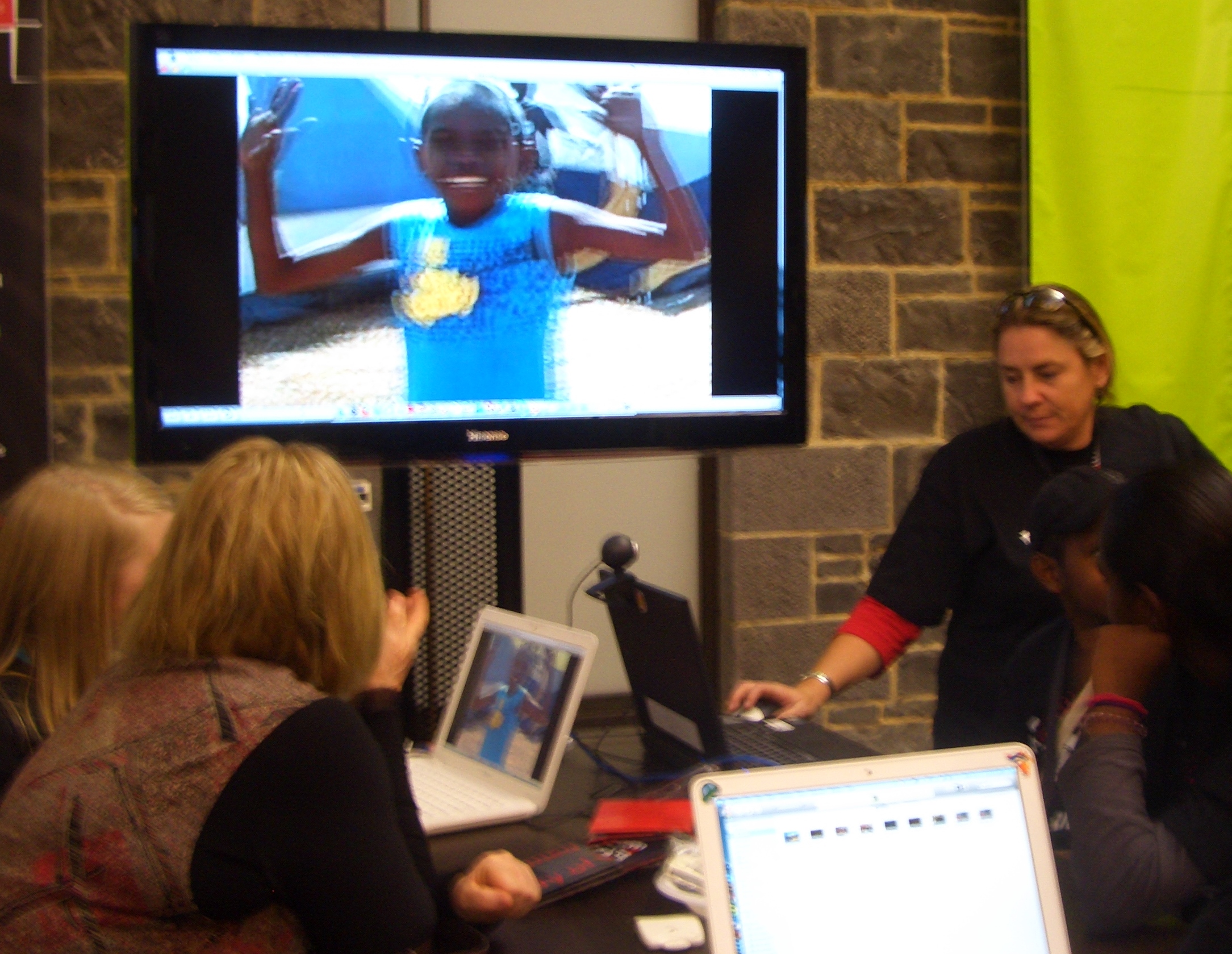
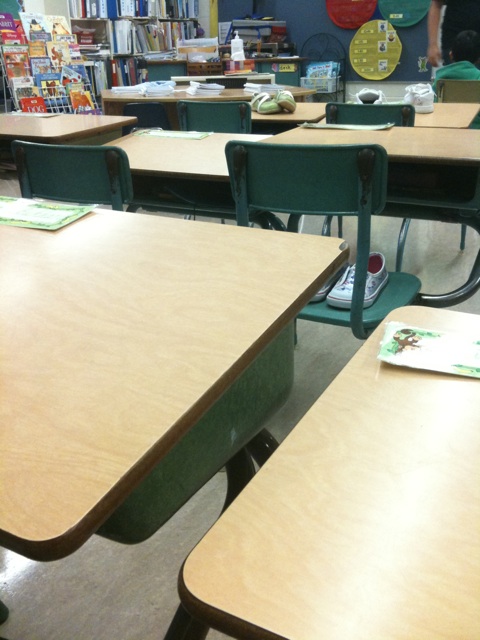


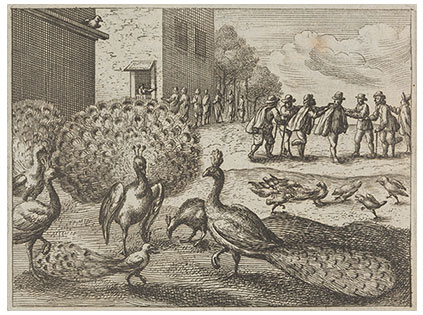




 Photo courtesy of
Photo courtesy of